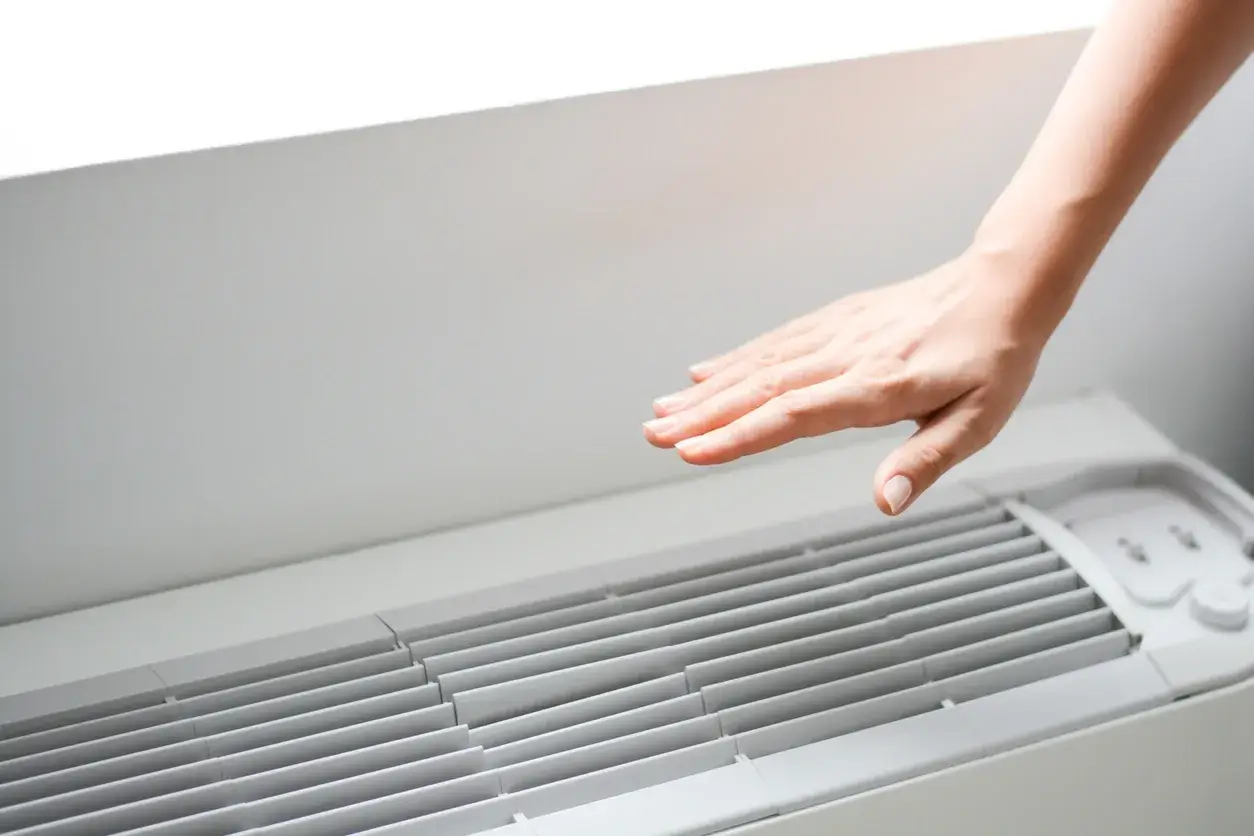Indoor humidity can significantly impact a home or business’s comfort, health, and overall atmosphere. Too much humidity can lead to mold growth, musty odors, and discomfort, while low humidity can cause dry skin, respiratory issues, and damage to furniture. HVAC contractors are crucial in managing indoor humidity levels, ensuring the environment remains comfortable and healthy. Ezclasswork will explore the methods HVAC contractors use to address humidity problems, focusing on the technology, systems, and techniques they employ to maintain optimal indoor conditions. By understanding how they handle these challenges, homeowners can make more informed indoor air quality and climate control decisions.
Understanding Indoor Humidity and Its Impact
Before HVAC contractors can address humidity issues, it’s important to understand what indoor humidity is and how it affects a space. Humidity refers to the amount of moisture in the air, which plays a significant role in comfort levels. High humidity can make the air feel warmer than it is, causing discomfort and increased sweating. This moisture can also promote the growth of mold, mildew, and dust mites, which can be harmful to health. On the other hand, low humidity can lead to dry skin, respiratory issues, and damage to wooden furniture, flooring, and musical instruments. Air Docs Heating & Cooling contractors are trained to assess and balance humidity levels, ensuring they remain within the ideal 30-50% range.
Humidity Control Systems for Homes and Businesses
HVAC contractors typically recommend several systems designed to manage indoor humidity effectively. Dehumidifiers are one of the most common solutions for areas with excess moisture. These units draw in air, remove the moisture, and then release drier air into the space. Modern HVAC systems are integrated with dehumidifiers that automatically maintain desired humidity levels. In homes or commercial spaces where humidity is low, humidifiers can be added to the system to increase moisture in the air. These systems are often used with air conditioning units to create a balanced indoor environment. HVAC contractors ensure these systems are properly sized and installed, optimizing their performance and efficiency.
Role of Air Conditioning in Humidity Control
Air conditioning units play a crucial role in managing indoor humidity levels. When the air is cooled, it loses some of its ability to hold moisture, causing condensation to form on the cooling coils of the unit. This process removes excess moisture from the air and helps reduce the overall humidity level. HVAC contractors ensure that air conditioning systems are properly maintained to continue functioning efficiently, particularly in areas with high humidity. Regular maintenance, such as cleaning or replacing filters, checking refrigerant levels, and inspecting coils, ensures that the air conditioning system effectively handles moisture control without overloading or underperforming. Proper air conditioning installation and maintenance help contractors prevent humidity problems while maintaining a comfortable indoor environment.
Advanced Ventilation Systems for Better Airflow
Another way HVAC contractors address humidity issues is by installing advanced ventilation systems. Proper ventilation allows for the continuous flow of air, which helps to control moisture levels. These systems can reduce excess moisture by introducing fresh, dry air from the outside and expelling humid air from the indoors. Contractors often recommend energy recovery ventilators (ERVs) or heat recovery ventilators (HRVs) as part of an HVAC system. These systems are designed to provide fresh air while maintaining energy efficiency by pre-conditioning incoming air with the temperature of the outgoing air. This controlled exchange prevents the buildup of excessive humidity while ensuring energy savings. HVAC contractors use these systems to ensure that air circulation is balanced, promoting healthier, more comfortable indoor environments.
Dealing with Humidity in Different Seasons
The approach to humidity control can vary depending on the season and local climate. In the summer, high outdoor humidity can infiltrate indoor spaces, making it difficult to maintain a comfortable environment. In these situations, HVAC contractors often recommend using dehumidifiers or upgrading air conditioning units to handle moisture removal better. Conversely, in winter months, low humidity can be a concern, leading to dry indoor air. In such cases, HVAC contractors suggest installing a whole-house humidifier to maintain optimal moisture levels. They also recommend using humidifiers in specific rooms to prevent the air from becoming too dry, which can harm health and home furnishings. Seasonal humidity management ensures that the HVAC system operates efficiently year-round.
Maintaining and Troubleshooting Humidity Control Systems
One of the key roles of HVAC contractors is to ensure that humidity control systems are well-maintained and functioning correctly. Regular maintenance checks are essential for dehumidifiers, humidifiers, and air conditioning systems operating at peak efficiency. This involves inspecting the units for any signs of wear or malfunction, cleaning or replacing filters, and ensuring that components such as coils, ducts, and motors are in good working order. Contractors also troubleshoot common issues such as clogged drains in dehumidifiers, which can prevent the unit from operating correctly, or improperly calibrated humidifiers that may cause over-humidification or under-humidification. Addressing these issues promptly ensures that humidity levels remain within a comfortable range and that the system operates efficiently.
Indoor humidity is critical to maintaining comfort and health within a home or commercial space. HVAC contractors utilize various systems and techniques to control moisture levels, ensuring the environment remains comfortable year-round. From air conditioning units and dehumidifiers to ventilation systems and smart technology, contractors have various tools to address humidity issues effectively. By regularly maintaining these systems and tailoring solutions to the needs of each space, HVAC contractors help homeowners and businesses enjoy a more comfortable, healthy indoor climate. Addressing indoor humidity problems with the right approach can significantly improve the quality of life and protect the structure of the building itself.
